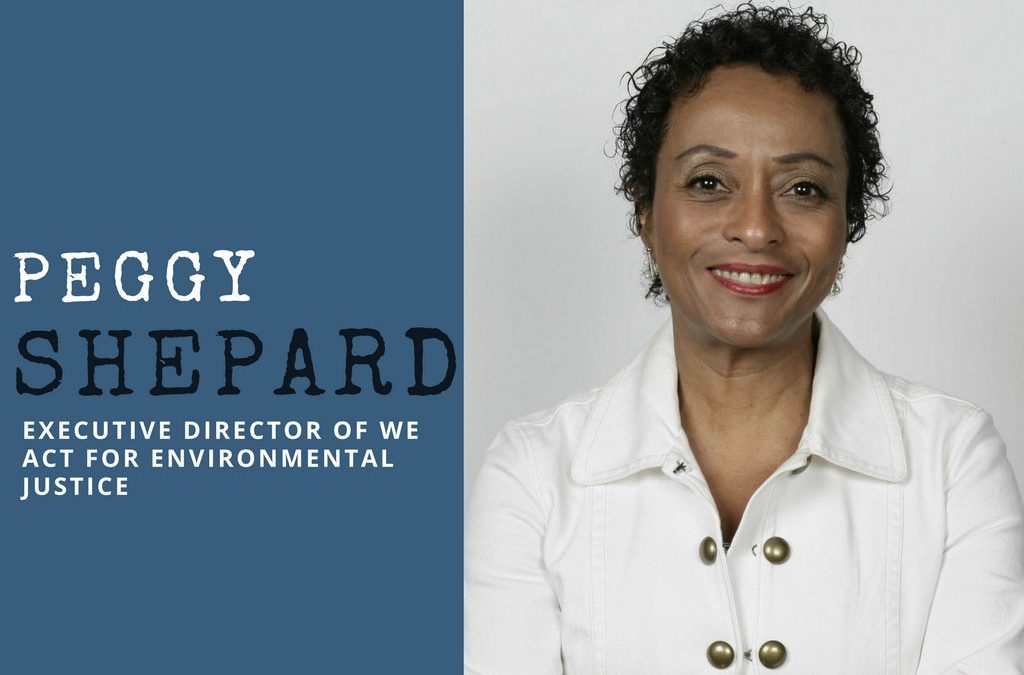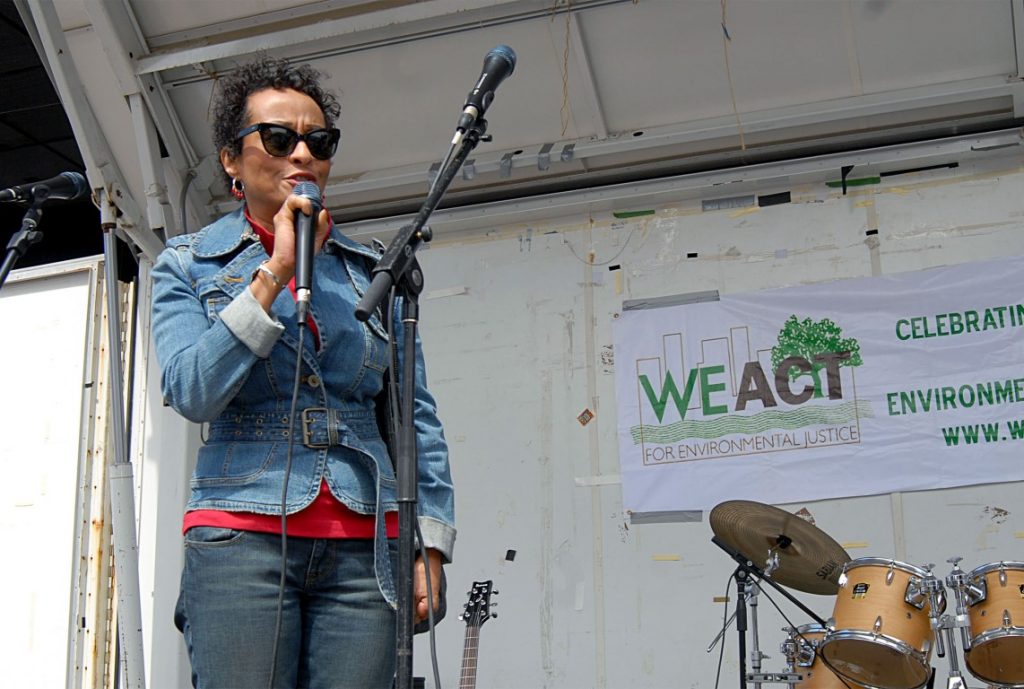Peggy Shepard is one of the most important supporters for the problem of environmental justice in the colored communities in the United States. She is the founder of WE ACT for Environmental Justice, a non-profit organization founded in 1988 to improve environmental health and quality of life for the colored skin community in New York City, United States.
WE ACT is an abbreviation of West Harlem Environmental Action. Shepard is also active and serves as an investigator for the Children’s Environmental Health Center at Columbia University. She worked there to open collaboration between researchers and doctors and members of the local community to improve education and reach out to environmental health.
Shepard is the first female chairman of the National Environmental Justice Advisory Council. She held the position from 2001-2003. She is also the recipient of various awards including the Heinz Award for the Environment, Jane Jacobs Medals for Lifetime Achievements, and the Susan B. Anthony Award from the National Women’s Organization.
She remains very active in the field of environmental justice and often teaches at national universities. Environmental awareness is one of integrity and is an extraordinary leader with an unmatched enthusiasm for justice of underrepresented communities.
Three Lessons about the Environment from Peggy Shepard
It’s been more than 30 years since Shepard recorded her first environmental victory. She has just been elected as Chairman of the Harlem West Democracy Assembly District, which is her official political debut.
When people came to her with the problem that a sewage treatment plant had recently opened on the Hudson River, and the smell and smoke made many families sick.
After hearing their concerns, Shepard began asking questions. Why the factory was built in West Harlem after it was planned to be built in another part of Manhattan.
- Advocacy and activists are very strong, but not the same
Shepard emphasized that the environmental work by the ACT Team was rooted in advocacy more than an activist. While activists are the initial spark of a movement, advocacy is about long games.
She said that this was something that had to be maintained because it was not only about making changes but ensuring that it was upheld.
An activist, for example, might successfully lobby for a chemical ban and focus their energy on the next urgent problem. But an advocate will follow up and monitor the practice to ensure the new rules have a lasting impact.
- Progress requires perseverance and time
Some projects larger than the WE ACT need more than a decade to produce results. In the early 2000s, when New York Mayor Michael Bloomberg made it a priority to create more seaside parks, Shepard realized that Harlem was missing from the list.
The dock has been separated so Sheperd makes an environmental case about it, and 10 years later, they get the dock back. “The point we make is that it does not only affect our community but the whole city,” Shepard said. The banks of the river can now be enjoyed until the tip of Manhattan.
Public policy is also quite complex, that is the reason why environmental activists continue to suppress all policies so that their goals can be achieved
Peggy Shepard and Her Struggles
- Don’t assume that poverty is the same as environmental apathy
Polls show that Latinos and black people prioritize sustainability more than other populations. As a result, Shepard thinks that the poor are more involved when dealing with the environment.
“The people who are most affected by these impacts are people you can manage easily,” Shepard said. Peggy Shepard persistence is very inspiring and needs to be modeled by all of us.







